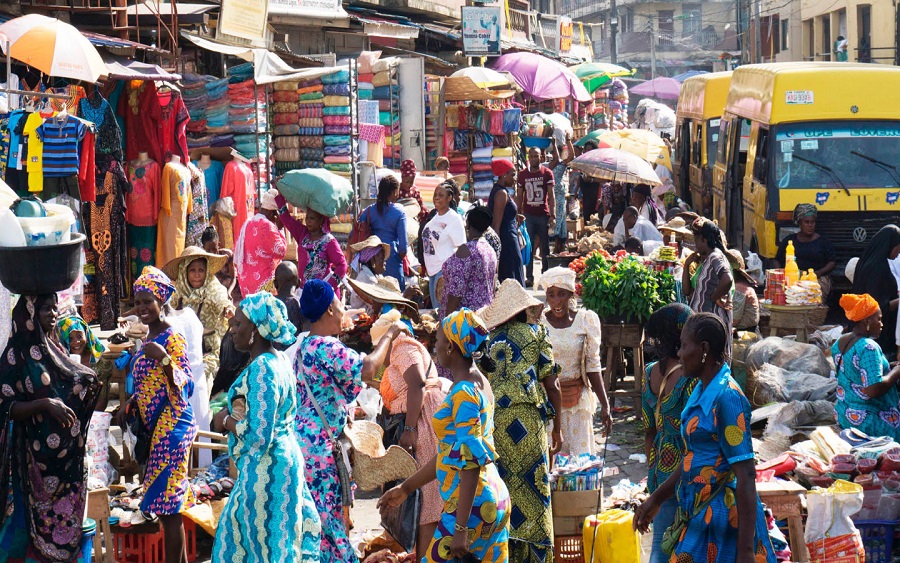The Nigerian economy is expected to plunge into severe economic recession, the worst in almost 4o years due to the collapse of oil prices and the outbreak of the coronavirus disease, according to the latest World Bank Nigeria Development Update (NDU).
This was disclosed in a report released by the World Bank, titled, “Nigeria in Times of COVID-19: Laying Foundations for a Strong Recovery.” The report estimates that Nigeria’s economy would likely contract by 3.2% in 2020, with the assumption that the spread of COVID-19 in Nigeria is contained by the third quarter of 2020. However, if the spread of the virus becomes more severe, the economy could contract further.
It should be noted that the Nigerian economy was expected to grow by 2.1% in 2020 before the COVID-19 pandemic, which means that the pandemic has led to a reduction in growth by more than 5%.
READ MORE: Covid-19: Tinubu asks FG to print more naira notes, outlines economic measures
According to the report, “The macroeconomic impact of the COVID-19 pandemic will likely be significant, even if Nigeria manages to contain the spread of the virus. Oil represents more than 80% of Nigeria’s exports, 30% of its banking-sector credit, and 50% of the overall government revenue. With the drop in oil prices, government revenues are expected to fall from an already low 8% of GDP in 2019 to a projected 5% in 2020.’’
The drop in government revenue is coming at a time when financial resources are urgently needed to contain the COVID-19 outbreak and stimulate the economy. The pandemic has also led to a drop in private investment due to greater uncertainty, and is expected to reduce remittances to Nigerian households, which in recent years have been larger than the combined amount of foreign direct investment and overseas development assistance.
In his contribution, the World Bank Country Director for Nigeria, Shubham Chaudhuri said, “While the long-term economic impact of the global pandemic is uncertain, the effectiveness of the government’s response is important to determine the speed, quality, and sustainability of Nigeria’s economic recovery. Besides immediate efforts to contain the spread of COVID-19 and stimulate the economy, it will be even more urgent to address bottlenecks that hinder the productivity of the economy and job creation,”
READ ALSO: IMF expects Nigeria’s GDP to shrink by 5.4% in 2020
The pandemic is projected to push about 5 million more Nigerians into poverty in 2020. When this is added to the number of poor Nigerians who are expected to increase by about 2 million largely due to population growth, the number would now increase by 7 million – with a poverty rate projected to rise from 40.1% in 2019 to 42.5% in 2020.
The World Bank Lead Economist for Nigeria, Marco Hernandez said, “The unprecedented crisis requires an equally unprecedented policy response from the entire Nigerian public sector, in collaboration with the private sector, to save lives, protect livelihoods, and lay the foundations for a strong economic recovery.”
The Federal Government has already taken some important health, fiscal and monetary measures to contain the outbreak, moderate the recessionary pressures and start mitigating the effects of the economic shock. Looking ahead, the report discusses policy options in five critical areas that can help Nigeria recover from the COVID-19 crisis:
(1) containing the outbreak and preparing for a more severe outbreak;
(2) enhancing macroeconomic management to boost investor confidence;
(3) safeguarding and mobilizing revenues;
(4) reprioritizing public spending to protect critical development expenditures and stimulate economic activity; and
(5) protecting poor and vulnerable communities.
